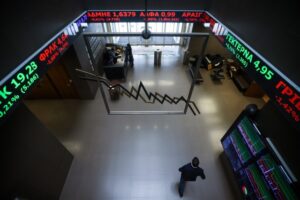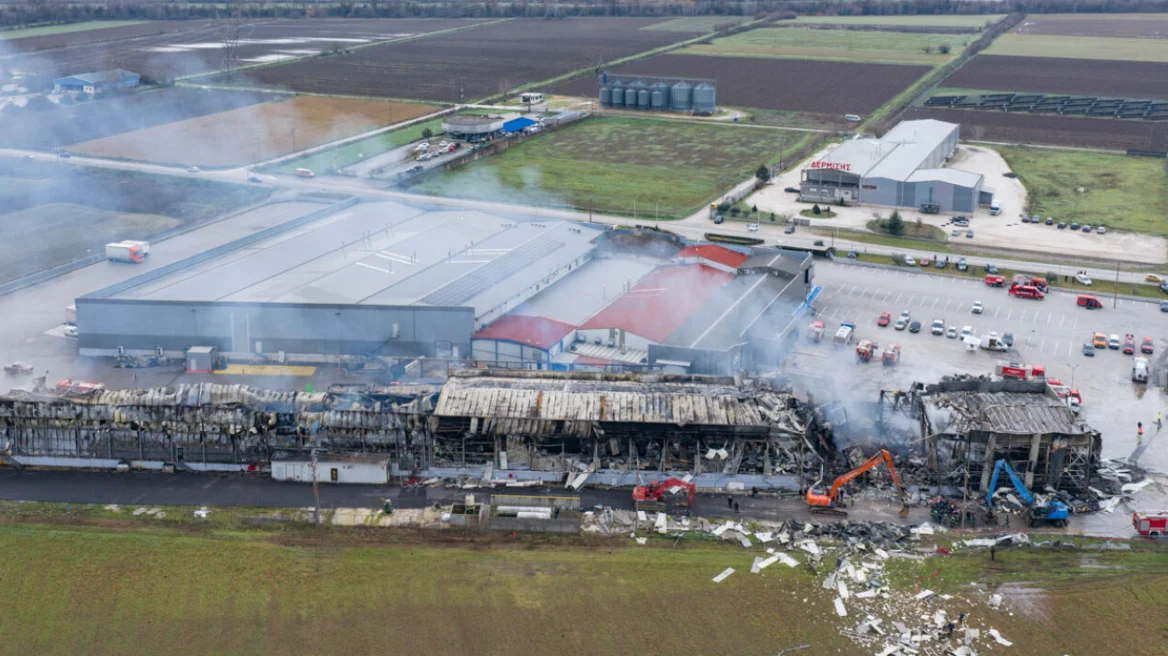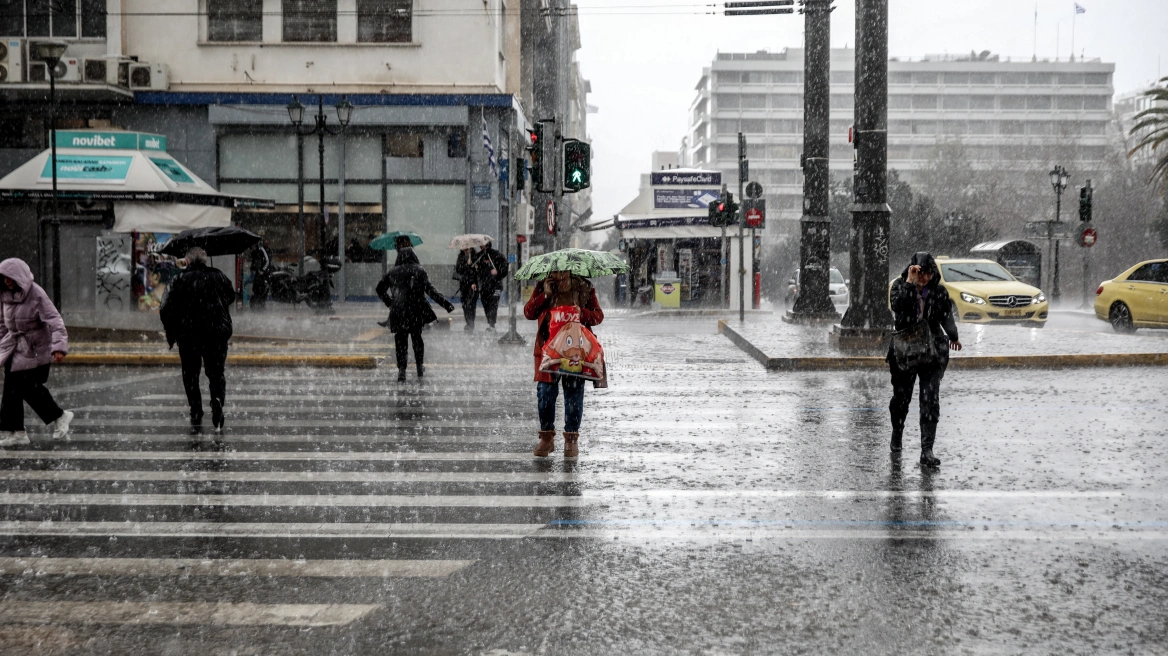The inability of buyers to react showed today’s (10/9) third consecutive session of losses on the Greek stock market. Although initially the General Index had recovered above 1,440 points, sellers then took the reins again and led the market below 1,430 points.
Specifically, the GD fell by 8.07 points or -0.56% to close at 1,426.10 points, close to the daily low of 1,426.07 points. The high of the day was found at 1,441.27 points. This is the lowest close since August 28 (1,425.36 points). In the last three days, the stock market has only measured losses, which cumulatively amounted to -1.41%. At the same time, this year’s performance of the index is now limited to +10.28%.
Banks played a catalytic role in today’s setback, with the sector index falling more than -1%. Eurobank and Piraeus (despite the successful bond issue) were negative protagonists. Among the “heavyweights”, OTE, Aegean, PPC, Motor Oil, Jumbo and Hellaktor were under strong pressure. The situation was completely opposite for Coca Cola, which recorded a new big rise, “touching” the 4.5-year record of 34 euros.
Sluggish for another day, turnover would have been even lower if it were not for the packages. A special mention for TERNA Energy, as three packages worth a total of EUR 11.633 million passed through the stock exchange at EUR 19.25 and EUR 19.27. It should be noted that limited trading activity worked negatively today, making some -until recently- resilient support points vulnerable.
Rich agenda with ratings, central banks and results
Piraeus was the focus of investors’ attention today as the bank went to the markets with a Tier 2 bond to raise €500-600m. In the end, the issue came in at EUR650 million, bids reached EUR2.4 billion and the interest rate was estimated at 5.50% due to high demand. Meanwhile, central banks in Europe (ECB – September 12) and the US (Federal Reserve – September 17 and 18) are meeting, where both are expected to cut interest rates.
Moody’s verdict on the Greek economy next Friday (13/9) is considered crucial, as in case of an upgrade, the last “stronghold” that has not yet given the investment grade will fall. Recall that the US agency rates the country with “Ba1” and a stable outlook. Last week (September 6) DBRS upgraded Greece’s trend from stable to positive, while affirming its “BBB” (low) rating, giving hopes for Moody’s much-needed upgrade.
In other developments, Bank of Cyprus shares will be listed on the Athens Exchange later this month. According to a report by newmoney, the debut will take place on September 23, with the shares having been cancelled on the London Stock Exchange on September 19. For the listing of the shares on the stock exchange, a decision will have to be taken by the relevant admission committee on September 17.
A new barrage of first-half corporate results starts today, with AIA and Fourlis announcing their performance after the close of trading. Aegean and ElvalHalcor follow on Wednesday (11/9), while on Thursday (12/9) Lamda Development, General Trade & Industry, and Alpha Trust – Andromeda take their turn.
The government’s announcements at the TIF appear to have had a small and short-lived footprint. Only the shares of insurance companies showed an improved picture – and this was temporary – boosted by the new measure of mandatory insurance for companies with a turnover of more than 500 thousand euros. Compulsory insurance for natural disasters will also apply to cars.
Negative spin abroad
With losses for the Dow Jones, but gains for the S&P 500 and Nasdaq, today’s session on the New York Stock Exchange is unfolding. It was a positive start to the second week of September for Wall Street, with the three major indices gaining +1.2%, regaining a significant amount of the lost ground from the previous five-day period. The US inflation data to be released in the coming days is seen as critical, as it will determine the size of the Fed’s rate cut.
Despite a mildly bullish start in European markets, it is now the sellers who have the upper hand. The Stoxx 600 is down -0.5%, while among the other major indices, the German DAX (-1.05%) and the Italian FTSE MIB (-1.1%) are the strongest decliners. Investors are on the lookout for German inflation data, which will give a “taste” of the ECB’s interest rate decision next Thursday (12/9).
Mixed signals and small changes were recorded on Asian bourses, with indices in China, Japan, and Hong Kong reacting, in contrast to those in South Korea and Taiwan which fell. Traders focused more on August trade data from China and India.
Ask me anything
Explore related questions





